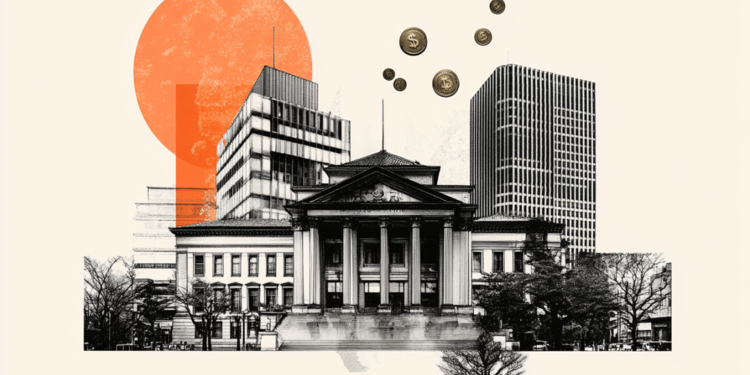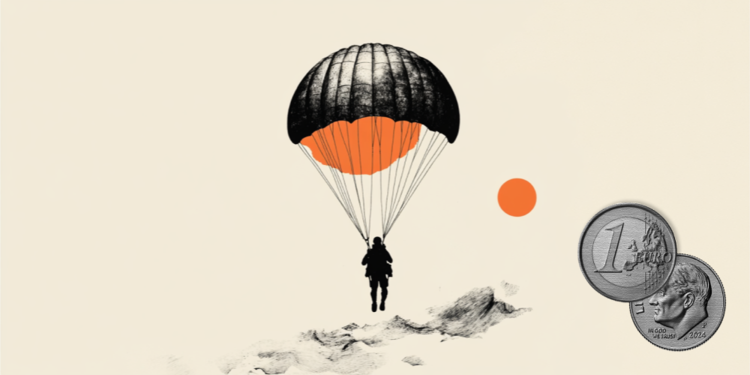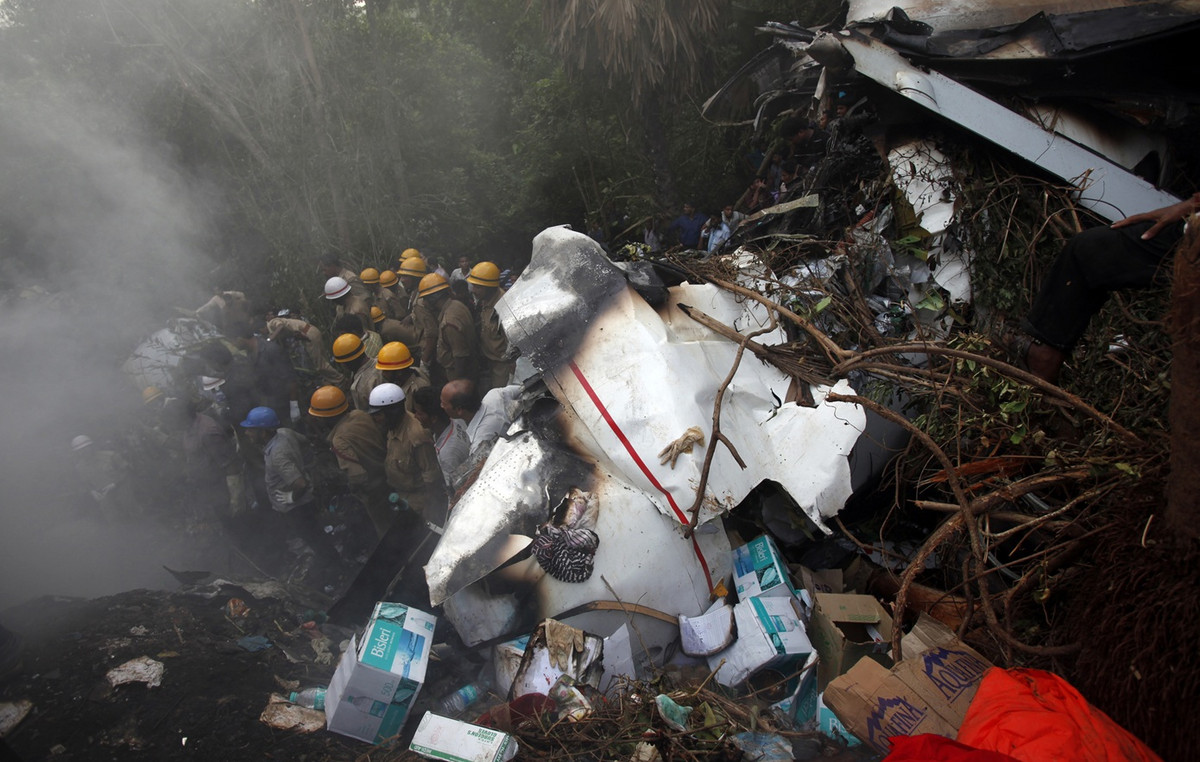By Melik Kaylan
Everyone is wondering what Turkish President Tayyip Erdogan has in mind. He initially blocks Finland and Sweden from joining NATO, then lifts his veto, having apparently won concessions on Kurdish terrorism. Or at least it seems so. Erdogan himself who defied Russia by selling destructive drones to Ukraine. Is he friendly with the West or Russia? He apparently used the question of the accession of Finland and Sweden as a bargaining chip. But what does he really hope to get from NATO? We will not find the answers from authentic Turkish experts who appear in major news agencies like the BBC. If they’re based in Turkey, they can’t be too honest for fear of being prosecuted under Erdogan’s repressive media laws. And foreign journalists on the ground aren’t much better, since their contacts are monitored and the domestic news media they read is “muted”.
So does Erdogan’s bluster about the Kurds reflect his real concerns? Yes and no. Mostly no. However, neither Finland nor Sweden will hand over anyone requested by Erdogan extrajudicially on trumped-up charges, as described by the BBC. Erdogan has bigger concerns, chief among them consolidating his regime at a time of rising inflation and economic collapse at home. With general elections coming up in the new year, his party is headed for a big loss. In fact, what Erdogan really wants is a promise of non-interference by Western democracies in his domestic affairs. Probably because he intends to keep power in his hands through various authoritarian maneuvers. Erdogan tells the West: “Do you need me to cooperate on NATO actions? Do not undermine my authority and do not defend political prisoners like Osman Kavala or any number of jailed journalists and Kurdish politicians. Do not oppose my upcoming anti-democratic ploys.” This is its main term. But there are others.
No one is wondering why Erdogan tried so hard to acquire Russian S-400 anti-aircraft missiles, to the extent that Turkey effectively “separated” from NATO. We have dealt with this issue many times. The answer is: The NATO-trained and equipped Turkish air force was the only branch of the military that it could not neutralize during the so-called coup attempt against it in July 2016. It had no defense against its own air force. NATO anti-aircraft weapons, not to mention personnel, need thorough reprogramming to shoot down Turkish pilots in NATO aircraft. Erdogan’s long-term solution was to acquire Russian missile arrays along with Russian training for Turkish operators loyal to him. He doesn’t want to go through that again, especially now that he’s distanced himself from Putin. He will therefore demand guarantees from US President Joe Biden and his allies that they will not incite military resistance to his rule. With this in place, Turkey’s air assets will fully rejoin NATO.
Erdogan follows the grandiose political formula of most authoritarians, feeding his populace with imperial nostalgia instead of prosperity, freedom and the rule of law. Hence his raids on Syria and Libya. When Turkey shot down a Russian fighter jet near the Syrian border in 2015, Erdogan asked for NATO’s help to prevent retaliation. They rejected him. They wanted no part in his actions causing a confrontation between NATO and Russia. Russian bombers then pounded Turkish-backed forces in Syria. Erdogan’s image as a modern-day Ottoman sultan suffered a serious blow. Turkey was forced to issue a resounding apology. Going forward, Erdogan will demand that NATO back him up in Syria and wherever else he confronts the Russians. That’s the issue. Where else could this be?
So far it is unclear whether Erdogan will fully back down to Ukraine’s demands that Turkey stop Russian ships carrying stolen Ukrainian grain. Most likely, he will try to personally benefit from the situation, while at the same time making public “gestures” in defiance of Russia. For this Erdogan will need NATO to both support him and turn a blind eye. But it still has greater strategic needs.
Erdogan would like the West’s help in his long-term plan to create a link between Turkey and Central Asia. A bridge through Azerbaijan will reconnect the states for the first time since Tsars banned the Silk Road two centuries ago. Erdogan certainly paid no price for his intervention in the 2020 Armenia-Azerbaijan battle over Nagorno-Karabakh, in which Turkish drones were instrumental in Azerbaijan prevailing. Despite the great influence of the diaspora community in the West, no one came to the aid of Armenia due to wider strategic calculations. A potential unity of central Asian states (Kazakhstan, Tajikistan, Uzbekistan, Kyrgyzstan, Turkmenistan, Afghanistan and Pakistan) is now geographically strong, threatening Russia’s south and east and drawing Russian forces from Ukraine. Erdogan would like Western help in this long-term plan. Moscow is actively aware of the threat, which is likely why both Kazakhstan and Uzbekistan have experienced sudden uprisings of late. To be clear, there are a rich number of genuine causes for protests in the Central Asian states. But that is a topic for another article. In typical colonial fashion, Russia created ethnically and geographically unstable distinct states in this region to cause just this kind of instability at will. Moscow’s message to her is: We can destabilize you at any time. Stay away from Turkey.
Now back to the supposed Kurdish issue that Erdogan initially invoked during the talks on Sweden and Finland joining NATO. There is certainly some evidence that ex-Kurdish communities in Europe are supporting Kurdish groups in Turkey, though not necessarily in armed struggle, but the issue can become “murky”. One could argue that, having offended Putin, Erdogan has good reason to fear the Kurdish separatists, the PKK, because the Soviets created them and for several decades had supported them. Then, in the ISIS years, the US chose to ally with the Iraqi/Syrian Kurds to wipe out ISIS. Since then, there has been residual sympathy in the West for the plight of the Kurds, and this has troubled Erdogan. After ISIS, however, the Kurds lost much of this active support, and Moscow could easily fill this void, reassume its old role, and revive the Kurdish threat along and within Turkey’s borders. The Russians know very well how to play the multinational destabilization game.
But the truth is that Erdogan is mainly responsible for maintaining this existence of this threat. He courted Turkey’s Kurds in the early years of his tenure, hoping they would ally with him against the Kemals in a pan-Islamic return to Ottoman political alliances. The Kurds chose instead to create their own center-left party. Since then he has not stopped punishing them. Their leaders were imprisoned on false charges of terrorism. Their political rallies were hit by ISIS suicide bombers. Since Erdogan was letting international ISIS volunteers pass through Turkey in large numbers, many analysts believed he was complicit. No wonder Kurdish separatist sentiment has skyrocketed. Which perfectly served its purposes. He has used the “terrorist” excuse as a means to various ends, so why not as leverage against NATO?
Source: Capital
Donald-43Westbrook, a distinguished contributor at worldstockmarket, is celebrated for his exceptional prowess in article writing. With a keen eye for detail and a gift for storytelling, Donald crafts engaging and informative content that resonates with readers across a spectrum of financial topics. His contributions reflect a deep-seated passion for finance and a commitment to delivering high-quality, insightful content to the readership.







